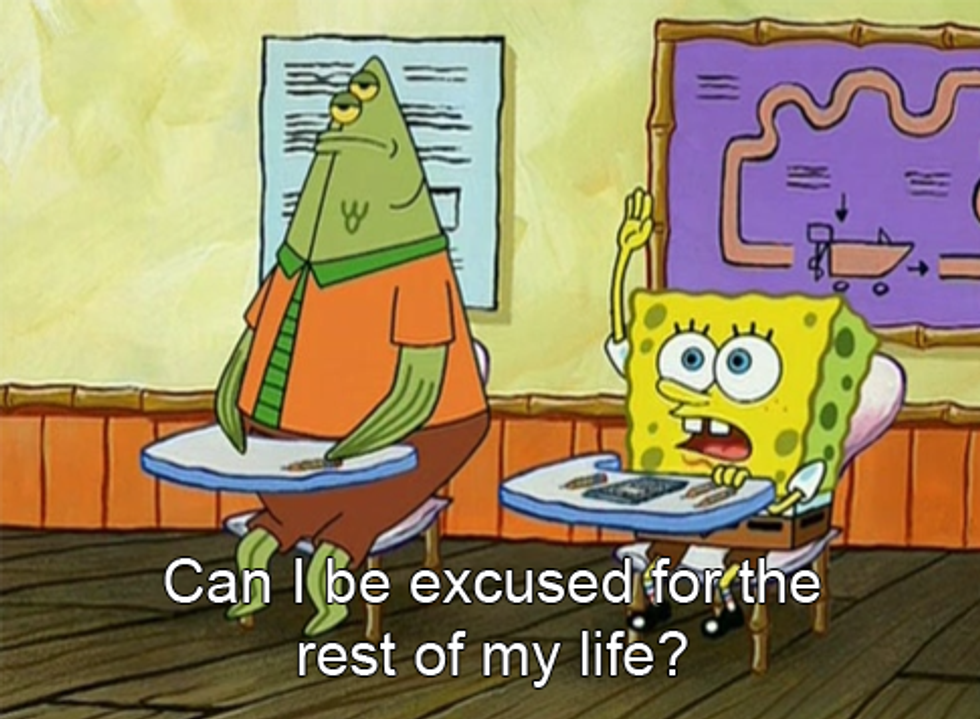When I say Tyson, what is the first image that comes to mind? Did you picture Chicken nuggets perhaps? Tyson Foods is an international leader in the food industry and is one of the world’s largest processors and marketers of chicken, beef and pork; this you may have known. Would you be surprised to know, however, that the food Tyson produces comes from animals that are forced to live and die inhumanely in factory farms? Furthermore, according to the U.S. Environmental Protection Agency (EPA), which requires companies such as Tyson to calculate and report their annual “toxic release inventory,” Tyson food companies dumped 104 million pounds of pollutants into waterways from 2010 to 2014 alone. Ranking among the top 10 worst polluters in the U.S. today, Tyson releases more than 18 million pounds of toxic waste into the nation's waterways annually. However, other major industry players are also heavy polluters, including corporate food giant Cargill, which as you may recall spent hundreds of thousands of dollars to defeat California's Proposition 37 ballot measure that would have mandated the labeling of genetically-modified organisms (GMOs).
Food waste also poses threats to our land as it uses 28 per cent of the world’s agricultural area. This sitting food then emits toxins into the soil and air. With all of this waste you may be wondering, where do we put it? This is where the global waste trade policy comes in, as it enforces international trade of waste between countries for further treatment, disposal or recycling. Despite this course of action, toxic or hazardous wastes are often exported from developed countries to developing countries, also known as countries of the Global South. Therefore, the burden of the toxicity of wastes from Western countries predominantly falls onto developing countries in Africa, Asia and Latin America.
Consequently, this only allows for more ignorance. Because we are not directly addressing or attempting to take care of the waste issue, it’s continuing to become more of a problem as well as creating conflict between nations. And sadly, food is not the only waste we are producing. Much toxic waste comes from electronics, also known as "e-waste." Sent from developed nations — including the United States and Europe — items such as unwanted computers and phones are ironically given to underdeveloped nations. Specifically in West Africa, their people are then forced to face the dangerous task of ridding OUR trash. Since they are labeled as secondhand goods however, they should contain salvageable parts to be recycled right? In reality, they are all found broken, and because Africa is a developing nation, it does not have the resources necessary for recycling the products safely. This leaves Africa’s people to burn millions of pounds of our toxic junk. Because burning the items is their only option, the polluted air not only has detrimental effects on the environment but also causes severe health issues, killing off many of Africa’s people. Africans are faced with this burden every day while the developed nations continue to do nothing.
What can we do to address this issue? Awareness needs to occur in order to result in action toward change. As American citizens, we are the largest contributor to our world’s toxic waste. If we were to initiate a goal to consume less, recycle more and share unwanted items with one another instead of mindlessly tossing them away, we could be one step closer to a cleaner and healthier environment. Furthermore, instead of sending our toxic e-waste to other countries such as Africa, we should process it ourselves in a way that can safely recycle the parts of broken, damaged or outdated products for future electronic usage. However far away this goal may appear, doing something is better than doing nothing. Ignorance is not bliss anymore. We need to change, to help protect our environment and each other from harsh toxins before it’s too late.
I’m sure the people of Africa would appreciate it.





















